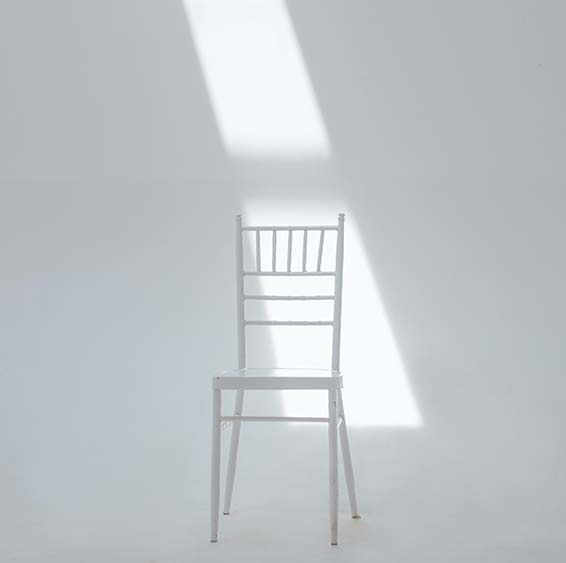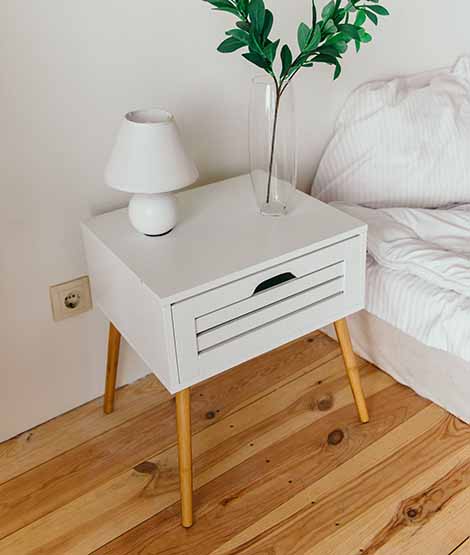
When a shape becomes 3D, we call it a form
However, forms don’t have to be three-dimensional shapes. They can also be implied through illustration, using techniques like light, shadow, and perspective to create the illusion of depth.
In two-dimensional design, form makes realism possible. Without it, renderings like the image below—a ball with highlights and shading—simply wouldn’t be the same.
Even images that are less realistic use similar techniques to create dimension. Below, the lighting and shading are stylized, but still hint at form and depth.
In everyday composition, the purpose of form is the same, but on a smaller scale. For example, a simple shadow can create the illusion of layers or give an object a sense of place.
Basic forms can bring a touch of realism to your work, which is a powerful tool when used in moderation.
- Tags
- keywords





